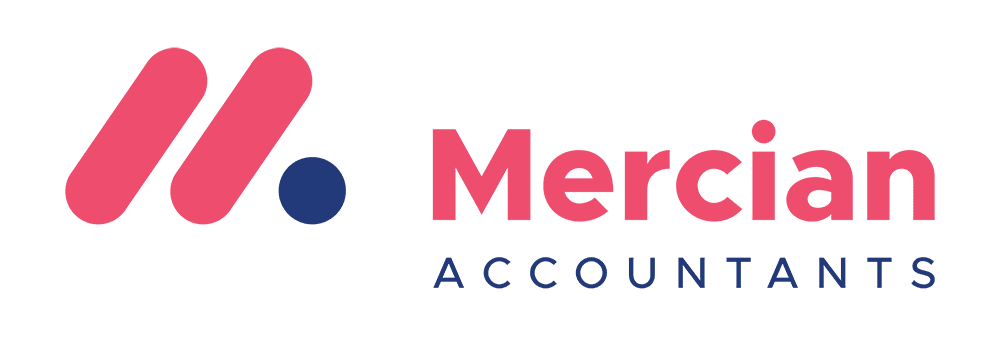A Beginner’s Guide to Accountancy and Tax for New Business Owners

Starting a new business is an exciting and challenging endeavour, and one of the most important tasks you will face is understanding the basics of accountancy and tax. This guide is designed to help you navigate the complexities of this area and provide you with the information you need to make informed decisions for your new venture.
Understanding the Basics of Accountancy and Tax for Small Businesses
As a new business owner, it’s essential to have a basic understanding of the accounting and tax requirements for your company. Here are some key points to keep in mind:
- Record Keeping: Keeping accurate records of your business transactions is critical to staying organised and meeting your tax obligations. You’ll need to track income, expenses, sales, and other important information.
- Tax Obligations: You’ll need to understand the various taxes that your business may be required to pay, including income tax, VAT, and National Insurance.
- Financial Statements: Understanding financial statements, such as the profit and loss statement and balance sheet, is essential to understanding the financial health of your business.
- Professional Advice: It’s important to seek the advice of a professional accountant to ensure that you are meeting all of your obligations and taking advantage of all available tax benefits.
Understanding Your Business Structure and Tax Implications
One of the first decisions you’ll need to make as a new business owner is choosing the right business structure for your company. Different business structures have different tax implications, so it’s essential to understand the pros and cons of each option. Some of the most common business structures include:
- Sole Trader: As a sole trader, you are the sole owner of your business and are personally responsible for all of its debts and obligations.
- Partnership: In a partnership, two or more individuals share ownership of the business and share in its profits and losses.
- Limited Company: A limited company is a separate legal entity from its owners, with its own tax obligations and responsibilities.
Preparing Your Accounts and Tax Returns
Once you have established your business structure, you’ll need to start preparing your accounts and tax returns. This can be a complex process, but with the help of a professional accountant, it can be made much easier. Here are some key steps to keep in mind:
- Record Keeping: Keep accurate records of all of your business transactions, including income, expenses, sales, and other important information.
- VAT: If your business is VAT registered, you’ll need to submit VAT returns to HM Revenue and Customs (HMRC) on a regular basis.
- Self-Assessment Tax Returns: If you are a sole trader or a partner in a partnership, you’ll need to submit a self-assessment tax return to HMRC each year.
- Company Tax Returns: If you operate as a limited company, you’ll need to submit a company tax return to HMRC each year.
- Payroll: If you have employees, you’ll need to set up a payroll system and submit regular payroll reports to HMRC.
What next?
As a new business owner, it’s important to have a basic understanding of the accounting and tax requirements for your company. With the help of a professional accountant, you can ensure that you are meeting all of your obligations and taking advantage of all available tax benefits. At Mercian Accountants, we are dedicated to helping new businesses succeed, and we would be happy to answer any questions you may have; contact us today.
11621 Image Size: 2047 x 1556


